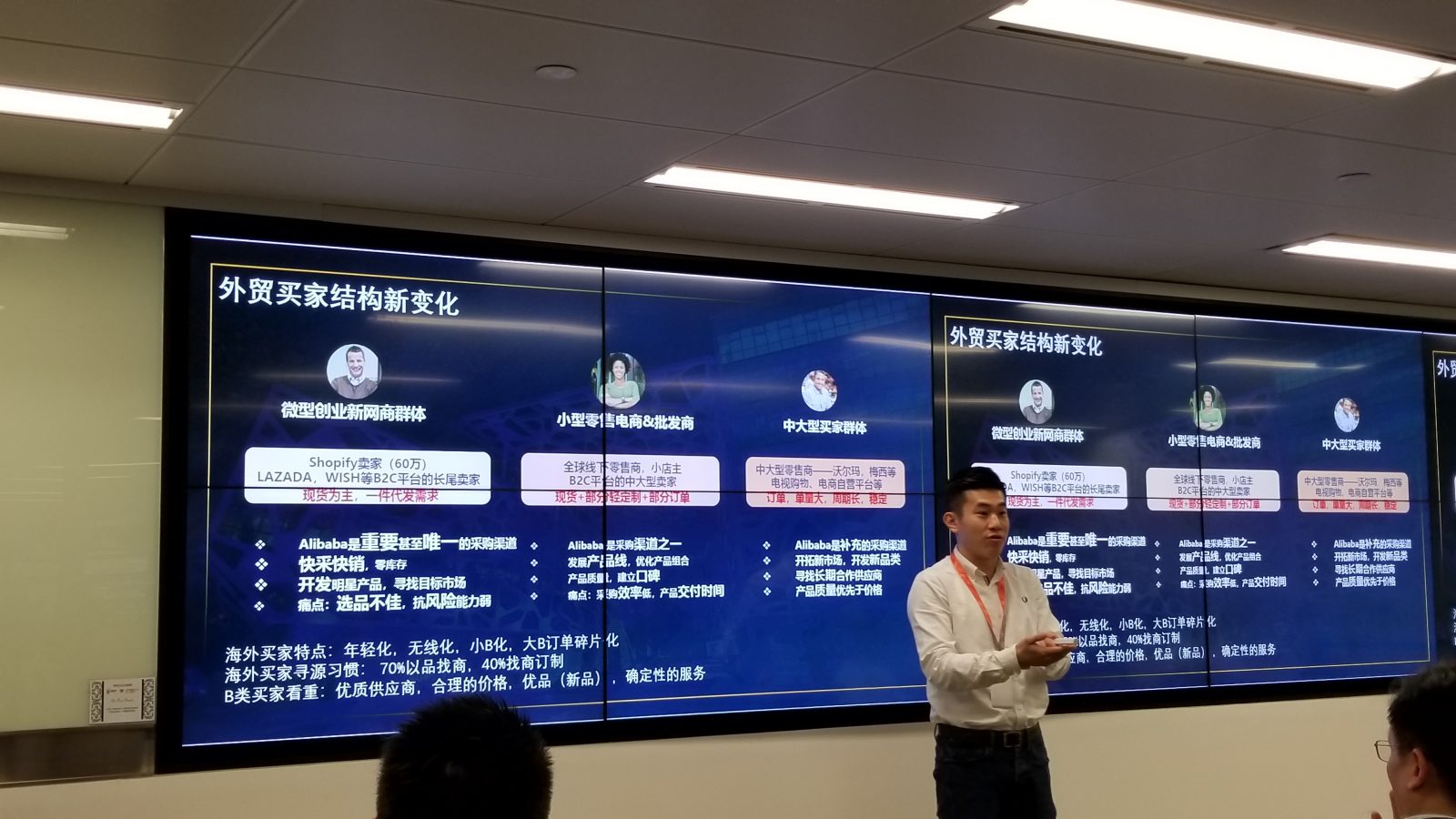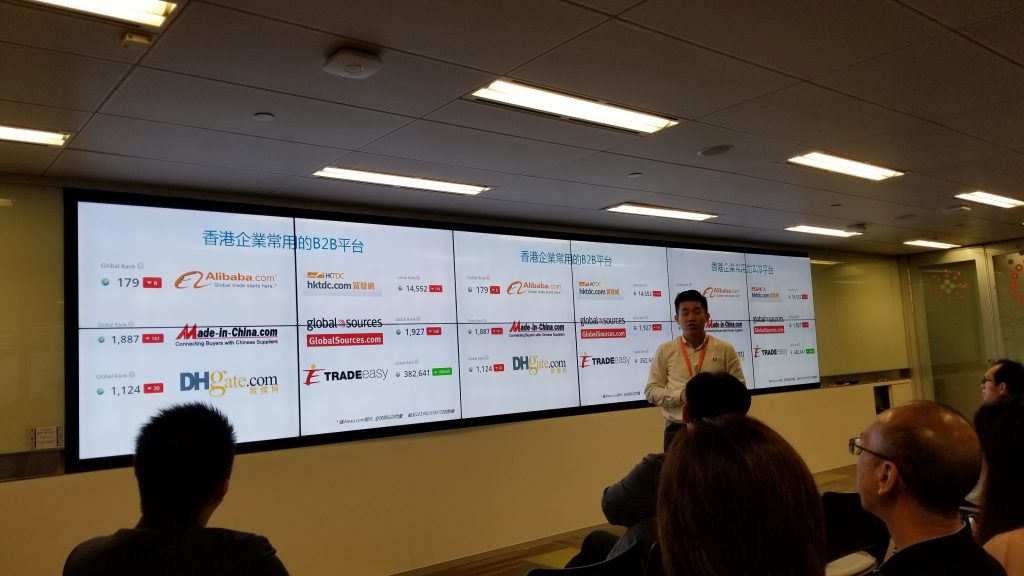Leaning and getting latest e-commerce and dropshipping trend are crucial to every industry.
Yesterday, our team has attended a e-commerce event hosted by Alibaba Group and show us some fantastic internal data about dropshipping.
The 2.5 hours events are incredibly insightful, Alibaba as the B2B e-commerce giant provided their backstage data for us. Indeed, some of the information are quite impressed and shown how dropshipping is changing the B2B supply chain directly.
Let’s summarize the event for you !
1. Updated Alibaba Buyer Structure 2019

Alibaba has found the changes on the buyer structure and put them into 3 different groups :
1/ E-commerce buyer : Shopify seller, Lazada, Wish, Amazon , Ebay sellers
- They are looking for Dropshipping service
- Need in-stock product
- Not willing to take any stock
- They are looking for King Product & searching for target market
- Pain Point : They cannot take any risk, fail to identify the King Product
2/ Retailer & Wholesaler : Offline retailer , shop owner, B2C platform’s top sellers
- They are developing their product line and optimizing their product combination
- Looking for Product Quality, Building their brand with word of mouth marketing
- Pain Point : Low Purchasing Efficiency and need fast delivery time
3/ Medium & Large Buyer
- Traditional B2B buyer
- Looking to enter new market & develop new product ilne
- Searching for Long-term partnership with supplier
- Product quality over price
The oversea B2B buyer is Young , Mobilized , Placing Small Order
70% of them are searching their supplier by product, 40% are looking for POD service. They are looking for The best quality supplier with reasonable price and assured service quality.
2. Decentralization of supply chain
The B2B market is getting transparent and decentralized, due to the advanced technology and updates.
The number of small & medium buyer are having dramatically increase, however, the overall market is still dominant by the Medium & Large buyers.
Alibaba has further explained the B2B buyers can be divided into 4 types :
- Manufacture
- Trading Firm
- Retailer
- Wholesaler
Wholesale & Retailer are accounted for 46% of buyers in Alibaba, and the decentralized trend makes the B2B orders amount are getting decreased.
69% of dropshippers are looking for standard and in-stock products, only 31% are willing to take OEM / ODM order
3. Dropshipping trend is changing the B2B Transaction
The traditional supply chain is a long process which involved different parties and each of them are earning profit in the step.
From manufacture , regional distributor , district distributor , retailer and end-customer, the traditional supply chain is increasing the costs.
With the E-commerce channels, manufacture can deal with the end-users by using E-commerce marketplace. Each marketplace will have a specific target audience, for example Super Chain is for dropshippers who are looking for quality supplier and product. Some of the marketplace are doing well in OEM product or some of them are focusing on POD service.
However, more and more B2B suppliers are buyers are now willing to go Online to meet their prospect and skipped the long supply chain. Traditional suppliers are now getting ready to meet the new market need.
Conclusion
Knowing the updated dropshipping trend will help you to better understand the market with internal data from Alibaba, we are able to understand the current supplier’s trend and more in dept analysis of dropshipping.
The buyer structure of Alibaba represents the dropshippers are getting more power in the B2B market and the B2B orders are getting fragmented, due to the decentralization of internet.
With the advanced technology, the supply chain is having an upgraded and re-formation of each role, the middlemen are no longer be needed in the new supply chain model, also the dropshipping trend will boom the B2B market very soon.

